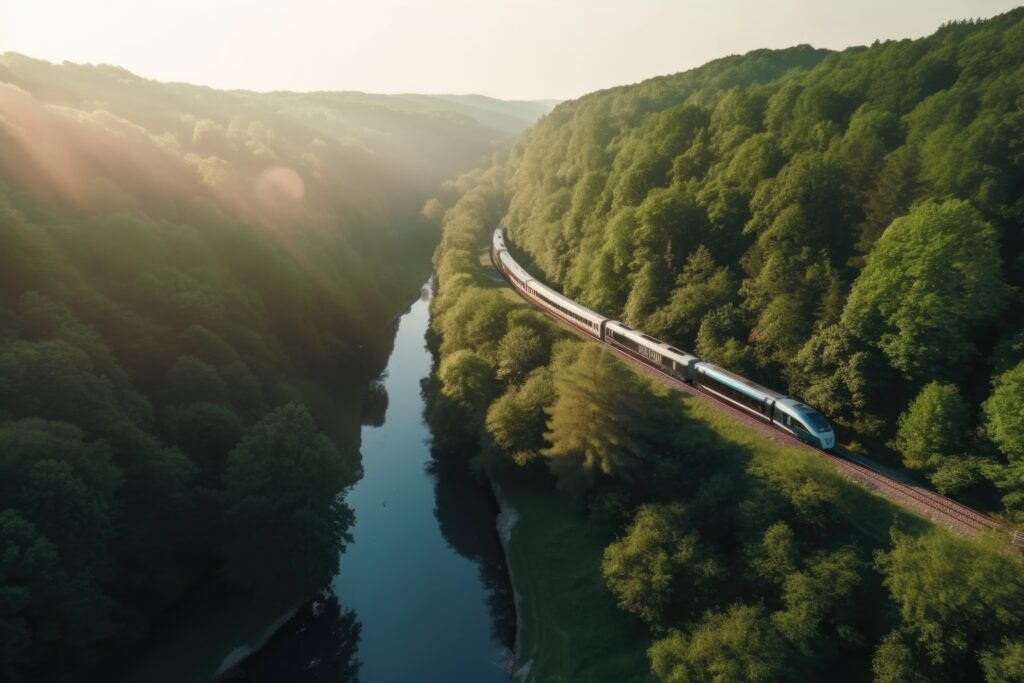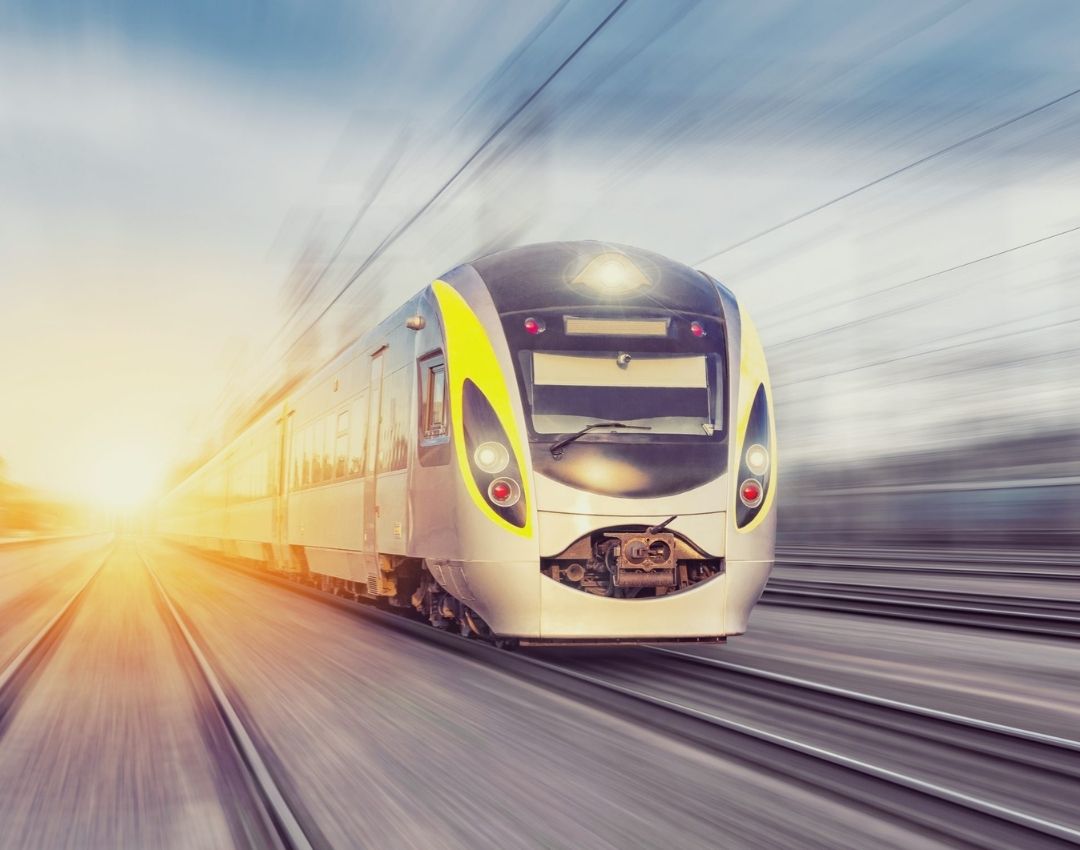From travel managers to their business travellers, flexibility, booking efficiency and fair fares are the gold standard with any transport option. And confidence in rail for business travel is increasingly noticeable. Last year the Great British Railways Transition Team (GBRTT) recorded a growth in business travel by 21% in Q1 while rail spend by Reed & Mackay clients increased by 14.6% from the beginning to end of 2024. Both statistics shine a spotlight on a growing trend of incorporating rail into a travel programme in the UK.
While rail travel is not without its challenges, from delays and cancellations to costs versus air travel, there are numerous reasons that rail travel can play a key role in managed travel programmes. Corporate travel managers and bookers want access to full content and data in one place, offering rich, frictionless booking experience. Over the coming months, Reed & Mackay clients will be able to book UK rail content from Trainline within R&M/Book.
Here’s a few more reasons why travel managers and bookers can be increasingly confident when choosing rail for business travel around the UK and Europe.

Train travel is a sustainable choice
Rail is the most energy efficient mode of sustainable travel, making a positive impact on the environment. It generates much lower CO2 emissions than flying. Rail is up to 17 times greener than flying for business travel in Britain. And an average train journey puts nearly five times less carbon emissions into the air than making the journey by car.
Furthermore, as main train stations are generally located in city centres, taking the train for a business trip cuts down the emissions that would be generated by transferring from the airport by car.
It looks like travelling by rail will continue to be the sustainable choice in the UK in the coming years too. Network Rail, for example, has pledged in its sustainability strategy to ensure the railways are carbon neutral by 2045 in Scotland and by 2050 in the rest of Britain.
Delivering environmental sustainability, by cutting carbon emissions, is one of the UK government’s strategic objectives for rail. The Rail Delivery Group (RDG) launched the Green Travel Pledge in partnership with the GBRTT.
This rail industry initiative, part of the Business Travel Strategy (developed by GBRTT and RDG), aims to develop and provide granular industry data to inform journey choice, influence travel decisions and drive robust reporting. Reed & Mackay clients already have access to enhanced sustainability data in our online booking tool, providing a deeper view of CO2 performance data.
There are improved services on the horizon
TMC engagement with rail providers is key to ensure they understand the needs of a corporate traveller. Reed & Mackay meets with rail providers, along with customers, to provide feedback and insights on everything from features and services that travellers would like to see to regarding measuring its environmental impact.
“It’s also about education within our own space; we need our travellers to trust the timetables are going to be accurate – that is always up to the rail provider. But we’re engaging with the rail industry to achieve visibility,” Navan and Reed & Mackay Director of Rail Partnerships Stephanie Weaver says.
“Rail providers are now starting to look at ways to entice corporate customers back to train travel and we’re advocating for elements such as business flexible fares, loyalty programmes, concierge desks at main stations and business travel lounges.”
The rise of the multi-modal model has become particularly prevalent in the last few years. More recently, Eurostar and SkyTeam, the global airline alliance, signed a memorandum of understanding for integrated intermodal journeys via air and rail for its customers. They will have the opportunity to fly into SkyTeam’s key hubs in Amsterdam Schiphol, Paris-CDG and London Heathrow and connect to a Eurostar destination between the UK, France, Belgium, the Netherlands and Germany.
And airline Swiss has increased its air-rail partnership with Swiss Federal Railways, adding four new destinations, reaching a total of 20.

Taking the train reduces the stress of travel
When booking corporate travel, traveller wellbeing should be front of mind. “With train journeys, you can avoid any stress associated with going through airport security. Once on board there’s no issue with putting your laptop away during take off/landing, so getting work done is much less stressful,” Weaver highlights. “Plus there’s the opportunity to stretch your legs, there’s more space to walk around and you can head to the buffet car for a break.”
Train travel can also be a less stressful journey as you’re usually travelling from city centre to city centre, saving time and reducing the cost of travelling from the airport to meetings in city centres.
Take advantage of increased route choices in Europe
Across Europe, initiatives are taking place that are actively encouraging more environmentally friendly rail travel.
And the European Commission is supporting 10 pilot projects to establish new cross-border rail links and to improve existing international services that include a mix of daytime and overnight sleeper services.
New rail routes
- A high-speed rail link between Brussels and Amsterdam. The service operates 16 return journeys per day, reducing travel time to just over two hours.
- A direct, high-speed train service between Paris and Berlin. Journey time is eight hours and will stop in Strasbourg, France, and the German cities of Frankfurt and Karlsruhe.
- A sleeper train between Vienna and Rome, with stops including Bologna and Florence.
Get in touch
Mail [email protected] to discuss all of your corporate travel and event management needs.




